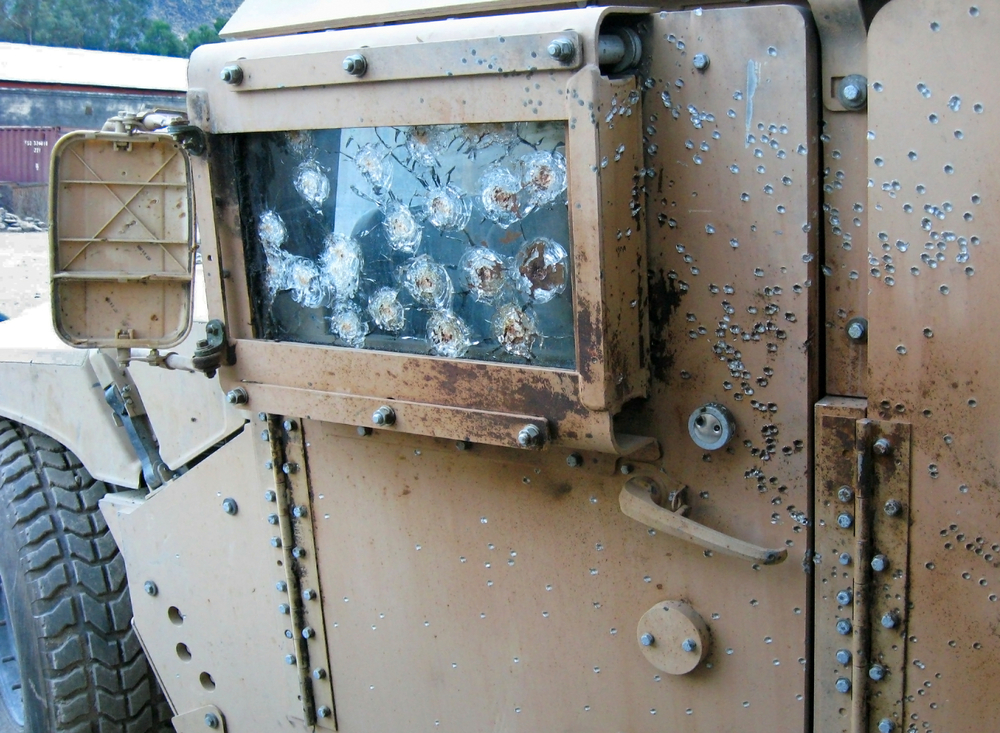
Recent testing conducted by the Department of Homeland Security (DHS) on large-scale vehicle-borne improvised explosive devices (VBIED) at Fort Polk will be used to develop new mitigation capabilities and secure vulnerable targets in the Middle East.
The DHS Science and Technology Directorate’s (S&T) Explosives Division (EXD) said its testing of large-scale homemade explosives was in response to the evolving threat VBIED pose to even the most secure compounds in the Middle East.
“Due to the wide variety of types of and materials used to make improvised explosives, we often must use simulations to model the behavior of large scale events,” Dave Hernandez, deputy manager of the EXD’s Homemade Explosives (HME) program, said. “When current methods are no longer effective, we have to conduct controlled real-life events to discover new ways of combating emerging trends in explosives.”
The series of tests, which involved the Naval Surface Warfare Center Indian Head facility and the U.S. Army Corps of Engineers Engineering, Research and Development Center in Vicksburg, Mississippi, revealed the vary degrees of damage that different types of homemade explosives devices inflict.
“The information generated from this testing will aid the Department of Defense and law enforcement communities by revealing data on the impact of a large–scale VBIED; enabling better protection for vulnerable targets,” Elizabeth Obregon, manager of the HME program, said. “As the HME threat is constantly changing, a continued effort in this area is required in order to provide timely information to those organizations conducting analysis and acquisitions.”
The DHS tests follow a series of deadly VBIED strikes in the MIddle East over the last year. A refrigerator truck packed with explosives in Baghdad’s Karrada neighborhood killed 323 people in July 2016, and a VBIED attached to a tanker truck killed more than 150 people in the embassy quarter of Kabul, Afghanistan, in May.




